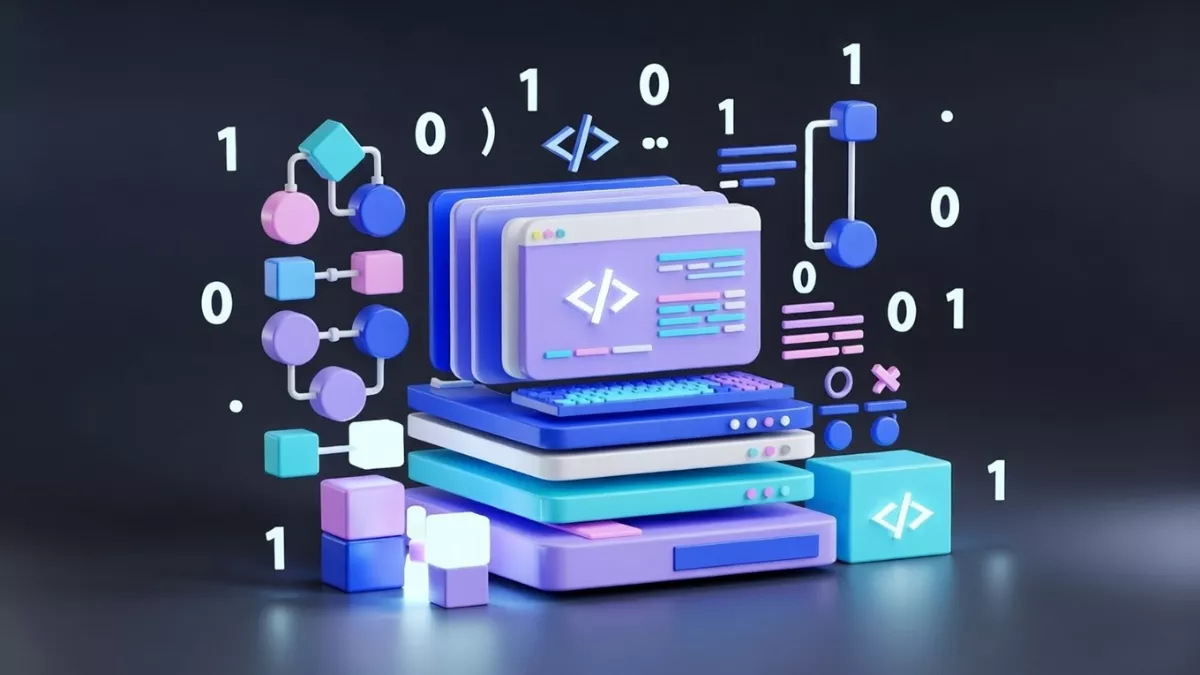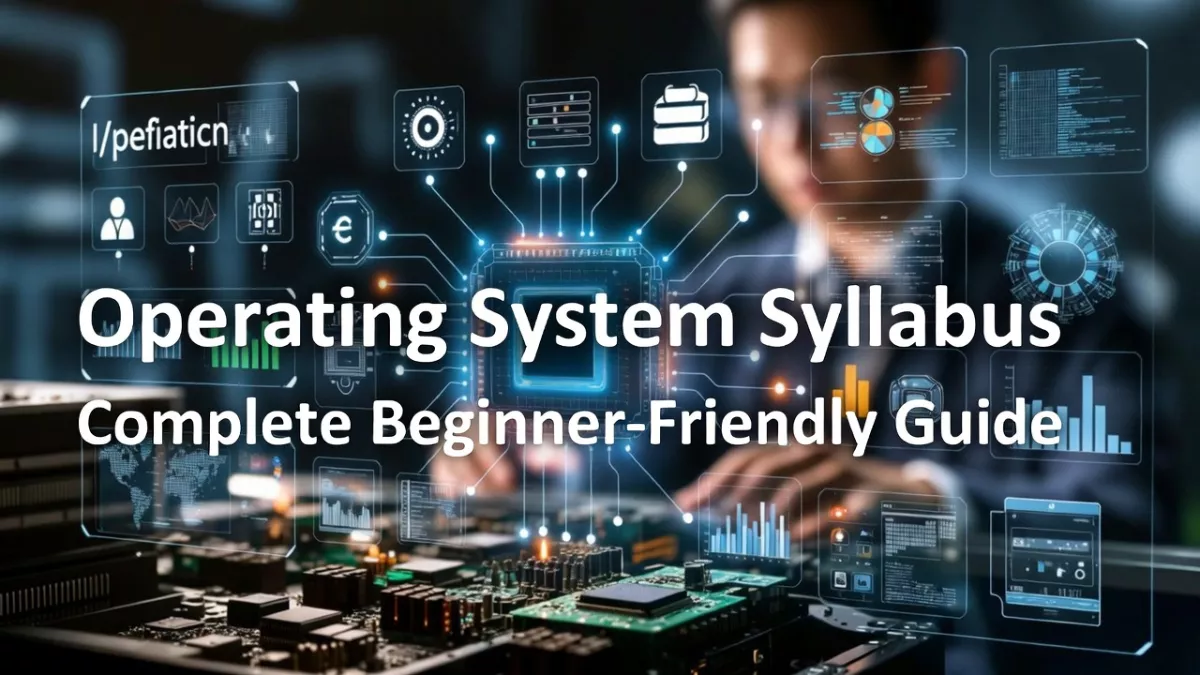Common Issues in Multithreading : Multithreading sounds amazing—after all, it lets programs do multiple things at the same time, speeding up tasks and making software feel smooth and responsive. But like any powerful tool, it comes with its own set of challenges.
Let’s look at some common issues in multithreading in simple terms, so you can understand what can go wrong—and how to watch out for it!
1. Race Conditions
Imagine two people trying to write in the same notebook at the same time. One writes “Hello”, the other writes “World”—but the letters get mixed up, and the notebook ends up with “HeWllorldo.”
That’s what a race condition is:
- Two (or more) threads try to access or change shared data at the same time.
- The final result depends on the order in which threads run, which can change each time the program runs.
Why it’s bad: Race conditions cause unpredictable bugs that are hard to track down because they might not happen every time.
How to avoid it: Use locks, mutexes, or other synchronization techniques to make sure only one thread accesses shared data at a time.
2. Deadlocks
Let’s say Alice has Lock A and wants Lock B. Bob has Lock B and wants Lock A. Neither will give up their current lock, so both wait forever.
This situation is called a deadlock:
- Two (or more) threads each hold a lock and wait for a lock held by the other.
- No thread can proceed, so the program freezes.
Why it’s bad: Deadlocks can cause your program to hang and become unresponsive.
How to avoid it:
- Always acquire locks in the same order.
- Try to use timeouts when waiting for locks.
- Minimize the number of locks held at once.
3. Starvation
Imagine there’s one printer in an office. A boss keeps printing big reports, so smaller jobs from other employees never get a turn.
This is starvation:
- Some threads wait forever because other threads keep getting access to resources first.
Why it’s bad: Some parts of your program may never get to run, causing delays or failures.
How to avoid it: Use fair scheduling policies so all threads eventually get a turn.
4. Livelock
Livelock is like two people stepping aside repeatedly to let each other pass in a hallway—but neither ever moves forward.
In a livelock:
- Threads keep responding to each other and changing state.
- But they don’t actually make progress toward their goal.
Why it’s bad: The program doesn’t freeze, but it doesn’t complete tasks either.
How to avoid it: Introduce back-off strategies or randomized delays so threads stop getting stuck in repeated adjustments.
5. Context Switching Overhead
Each thread switch takes time, like changing drivers in a race car. If you have too many threads:
- The computer spends more time switching between threads than doing real work.
- This slows things down instead of speeding them up.
Why it’s bad: Excessive context switching wastes CPU resources and reduces performance.
How to avoid it:
- Only create as many threads as necessary.
- Use thread pools for managing threads efficiently.
6. Data Inconsistency
When multiple threads change data without proper coordination, you might get strange or incorrect values. For example:
- A counter that should go from 0 to 10 ends up as 8 or 12 because threads updated it at the same time.
Why it’s bad: Your program produces wrong results.
How to avoid it:
- Use atomic operations or locks to protect shared data.
- Avoid unnecessary shared state if possible.
Conclusion
Multithreading is powerful—but it’s also tricky. These issues are not reasons to avoid multithreading, but they remind us to be careful when writing multithreaded code.
- Always think about shared resources and thread safety.
- Use synchronization tools wisely.
- Test your code thoroughly, because some bugs only show up occasionally.
Understanding these common issues helps you write safer and faster programs that truly benefit from multithreading. Happy coding!
Mr. Raj Kumar is a highly experienced Technical Content Engineer with 7 years of dedicated expertise in the intricate field of embedded systems. At Embedded Prep, Raj is at the forefront of creating and curating high-quality technical content designed to educate and empower aspiring and seasoned professionals in the embedded domain.
Throughout his career, Raj has honed a unique skill set that bridges the gap between deep technical understanding and effective communication. His work encompasses a wide range of educational materials, including in-depth tutorials, practical guides, course modules, and insightful articles focused on embedded hardware and software solutions. He possesses a strong grasp of embedded architectures, microcontrollers, real-time operating systems (RTOS), firmware development, and various communication protocols relevant to the embedded industry.
Raj is adept at collaborating closely with subject matter experts, engineers, and instructional designers to ensure the accuracy, completeness, and pedagogical effectiveness of the content. His meticulous attention to detail and commitment to clarity are instrumental in transforming complex embedded concepts into easily digestible and engaging learning experiences. At Embedded Prep, he plays a crucial role in building a robust knowledge base that helps learners master the complexities of embedded technologies.






